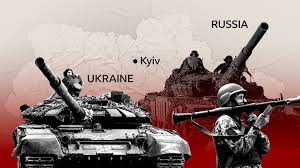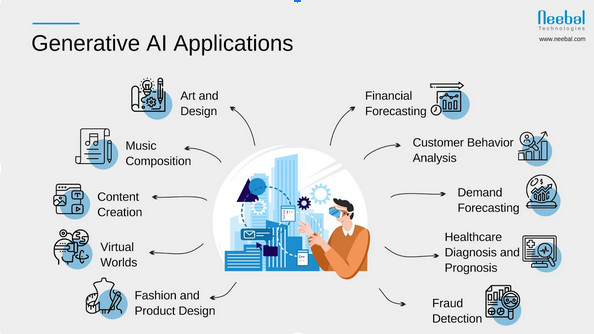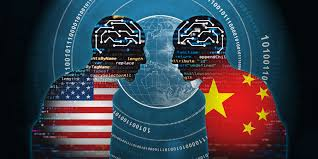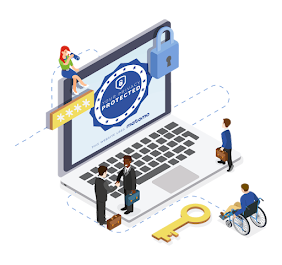During the Each One Teach One Technology presentations, I had the opportunity to get a deeper understanding of many common technologies that I had never really understood the deeper background or implications of. This left me with a great appreciation for the history behind these technologies and what they truly contribute to overall society. This also made me think of all the possible future innovations in technology that will carry our society further and further into the future. Which is truly exciting considering all the incredible achievements and exponential growth we have achieved in the last two hundred years. So the most notable technologies that I learned more about during these presentations were the development of motion pictures, telephones, DVDs, printing presses, newspapers, and the telegraph. While all the technologies were impressive in their own right, these really paved the way for human society and are what I commonly associate with in everyday life.
So, firstly, with the development of motion pictures, I learned some fascinating information regarding the timeline of how it became what it is today. Because, as we know, motion pictures have seen substantial innovation and progress into the area of 3D, 4K, and more. So, the first motion picture was filmed in 1888 and was only a 3 second clip. They slowly improved and lengthened over time and began premiering all around the world. The first colored film came in 1908 and was called "A Visit to Seaside," and the first CGI, or computer-generated imagery, was used by Alfred Hitchcocks in 1958. These developments massively impacted the popularity of motion pictures, which led to their "golden age" in the 1950's. This was where 3D was incredibly advanced, and millions of people used them as their primary entertainment. All this information regarding motion pictures really stuck out to me because we still use motion pictures today as entertainment, and Hollywood culture still carries celebrity life around the world. Without the technology of motion pictures and the ability to portray the actors' talents in such a way, the industry would be nothing. As time has progressed, people have expected more and more out-of-motion pictures. And fortunately, the technology has continued to progress and keep the industry and motion picture's exciting.
Next would be telephone's, which are single-handedly one of the most important inventions of modern times. Although this is different from smart phones or cellphones, the telephone paved the way for humans to be able to communicate and share information across incredible distances. Thus, impacting the speed of innovation and humans ability to collaborate in a new way. The telephone was invented in 1874 by Alexander Grand Bell and Thomas Watson, who discovered the principle of cross-communication. This led to the first outdoor telephone wire being strung in the United States in 1877. As time progressed, so did telephone's, with the number of lines increasing, their accessibility increasing, and their overall efficiency. Ultimately, leading to the pay phone in 1989 and then the rotary soon afterwards. In the early 2000's, the invention of the smartphone meant that the original telephone technology would become obsolete and outdated. However, without the original technology, we would not have such an incredible piece of technology right at our fingertips. DVD's were another invention that truly stuck with me during the presentations, mostly because I had used them so much as a kid and never really knew the history and science behind them. Laser Tech was created in 1958 by David Paul Gregg and James Russell. However, it wasn't used for a long period of time considering it was incredibly large, prone to breaking, and had little storage. However, after decades of innovation, they were able to improve its quality, thus spiking its popularity. There were two formats of DVD technology. CDs and DVDs. CDs were only audio, while DVDs had audio and visuals. One side of a CD was completely for looks, while DVDs had data on both sides. This led to the increase in use of portable CD and DVD devices. However, gaming consoles are where DVD technology met the end of its useful life, as they have become very obsolete and inconvenient. Overall, DVDs and CDs are an incredible development of human technology. However, with recent innovations, they are very rarely used in everyday life. Learning more about DVDs in the presentations really helped my understanding of the technology I had used so much as a kid; from long road trips to gaming at home, CDs and DVDs were used every day. But as times change, so has technology. Leading to the slow decay of use and them becoming a novalty item in homes around the world.
The printing press was an impactful technology as it changed the game of communication and recording knowledge that humans have achieved. Although it may seem simple. Writing down information in books and on paper was incredibly time-consuming and meant it couldn't be shared with many. However,
The ability to create many copies of something was extremely beneficial in spreading information. The printing press was invented by Johannes Gutenbur when he built a large press system using metal letter blocks that were able to print material multiple times. This allowed for more efficient preservation of knowledge, exchange of information, and cutting the cost of books. Over time, it provided a platform for individuals to challenge authority and severely advanced society's ability to communicate. Thus progressing the human race and our continued innovation.Resulting from the printing press came the development and surge of newspapers around the world. First found in Ancient Rome and called the Acta Diurna, meaning daily doings. Newspapers were a way to inform the public of events, deaths, births, and gossip by the government. Some other places newspapers were used in the past are Rome, Germany, China, and England. The pros of the newspaper were that it improved communication, credibility, analysis, education & literature, local news, and advertising. However, it also led to bias, manipulation, and environmental impacts. It also meant that nations would actively prevent the creation of newspapers in the pursuit of suppressing activists. This happened in the early days of America, as newspapers criticizing England were banned or destroyed for tretchory. However, after gaining independence and signing the Constitution, they were quickly reinstated. Although they are not widely used today, newspapers can be found online in order to keep people up-to-date on current events.
The final innovation I learned the most about and that was the most impactful would be the telegraph. One of the most revolutionary inventions since the printing press. Its basis was for electrical currents to travel between lines for long distances. By 1854, this allowed people to send coded electrical messages over long distances. Language is one of the most important aspects of society, so the development of the telegraph increased globalization and human evolution because it allowed for the exchange of information at faster rates and over long distances. A famous quote from this time period is "What hath god wrought, the first telegraph ever sent, and is a symbol of awe and wonder." This symbolized the start of a new society and how people were in awe and wonder by the technology. Although it is most famous for its use in surveillance and in wartime, that is not what it was originally intended for.

The Each One Teach One presentations all taught me the importance of looking deeper into the developments we make as a human society and what it means for the future. Many times we get caught up in everyday life and forget to explore the innovations we make. However, understanding these technologies gives you a deeper understanding of our human timeline and how we have reached our current point. So, looking forward, I'm excited to focus and research on new technologies, examples being AI and VR and how they will and have changed our society.






















